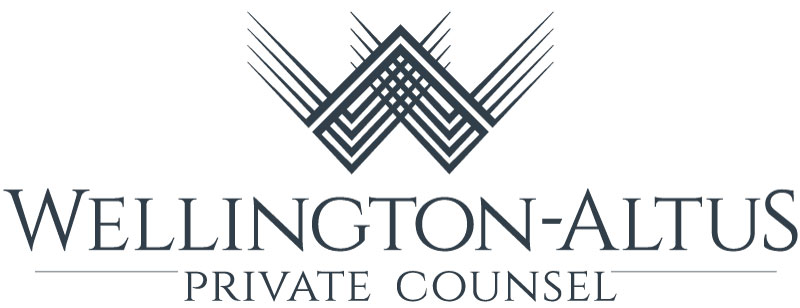Martin Pelletier: Using a goals-based approach, we don’t make large binary bets on the market
I recently read that the three toughest things a person can say are: I was wrong; I need help and Worcestershire sauce. All kidding aside, I think one of the most important things people can do is to remain on the path of self-improvement by quickly acknowledging their errors, seeking out why they happened and learning from them so that they can minimize the probability of another occurrence.
If you happen to be an expert in a particular field, it doesn’t make you immune from this. It is actually the opposite with the greater accountability. There is the expectation of a higher standard of excellence, which cannot happen without humility, self-discovery and doing everything you can to remove emotional biases from the decision-making process. This is where having a formal process and sticking to it really helps.
Take for example, last week’s U.S. election. Among the top 10 so-called political experts, only two forecast Donald Trump as the winner. You may ask, how did they get it so very wrong? Well, when it comes to politics, and the type of emotionally charged campaign we just witnessed, it’s not hard to see that happening.
It’s no different in the investment world, as even we portfolio managers get things very wrong. I recently looked back at the CFA Institute’s January Calgary CFA Forecast Dinner where I was one of the featured panellists. One of the bigger calls I made was that gold prices would remain fairly flat and there would be a meltdown in speculative assets, like crypto and bitcoin in particular. Oh boy, these were some absolutely terrible calls, with gold being up over 22 per cent this year and bitcoin over 77 per cent.
My thesis at the time was based on gold having a negative correlation with the U.S. dollar (it had that relationship for two solid years prior) and I was bullish on the dollar simply because of the widening economic disparity between America versus other G7 nations. Interestingly, the U.S. dollar did appreciate, but so did gold prices on mounting geopolitical unrest and central bank buying. Unfortunately, we sold our gold positions too early and missed out on one heck of a trade.
I’ve never really been able to get my head around the value offering of cryptocurrency, other than as a leveraged way of owning the U.S. tech space. This is clear via its direct movement alongside the Nasdaq stock market, which I also thought was ahead of itself at the beginning of the year. I certainly never expected the continued monster run of Nvidia Corp., which now dominates U.S. equity portfolios. The Trump win last week was the icing on the cake, sending both Nvidia and Bitcoin higher.
So sure, we got some big calls wrong and, looking back, would I have done anything differently? This is something I think about often and, trust me, with as much humility as possible.
Fortunately, what saved our bacon is that it isn’t in our philosophy to make large binary bets on the market, or certain segments of the market, as our goals-based approach prevents us from doing so. This frees us from the tremendous pressure of having to outperform whatever is the hottest performing sector and the risk that comes with getting it wrong. That said, we recognize the importance of having some volatility in our portfolios to maximize the upside capture while trying our best not to compromise the downside protection.
Looking back on the year, this philosophy and approach served us well, as, while we got some calls wrong and missed out on some big winners like Nvidia, we didn’t miss our targets with strong returns for our clients. This is because we maintained our core positions in U.S. equities but gave away some of the upside via the cost of hedges (put protection), overweighted interest rate-sensitive sectors in Canada that have done very well, overweighted our U.S. dollar exposure, and replaced our fixed income with better performing structured notes.
Prior to the election, we were somewhat worried about declining earnings growth compared with stretched valuations and so were sounding a few alarm bells and derisking our portfolios over the past few weeks. Based on Trump winning the presidency, were we premature and wrong about this? Only time will tell, but I know one thing for certain, and it’s that I know how to say Worcestershire sauce.
Martin Pelletier, CFA, is a senior portfolio manager at Wellington-Altus Private Counsel Inc., operating as TriVest Wealth Counsel, a private client and institutional investment firm specializing in discretionary risk-managed portfolios, investment audit/oversight and advanced tax, estate and wealth planning. The opinions expressed are not necessarily those of Wellington-Altus.
